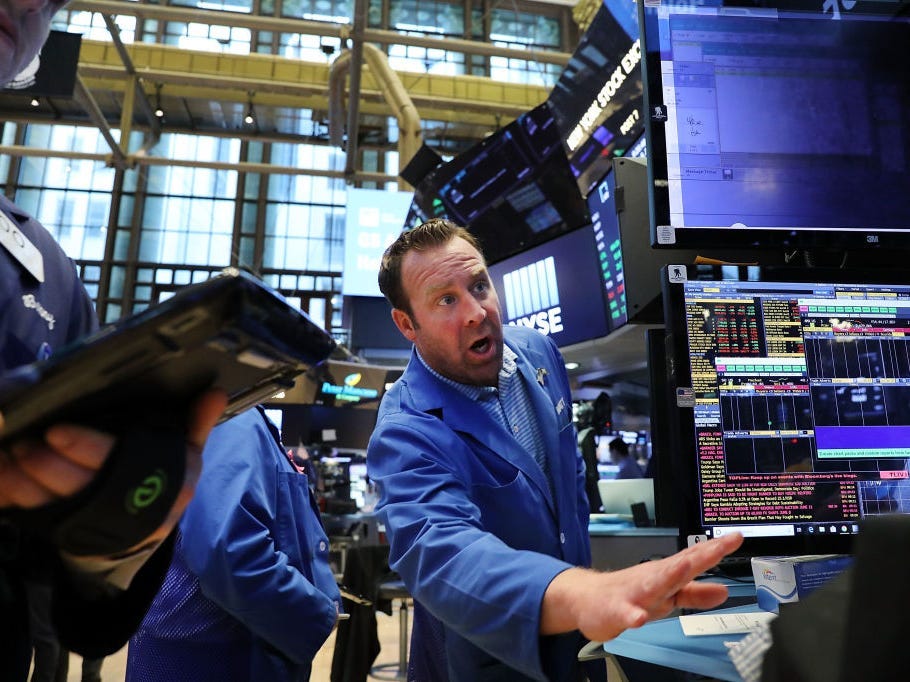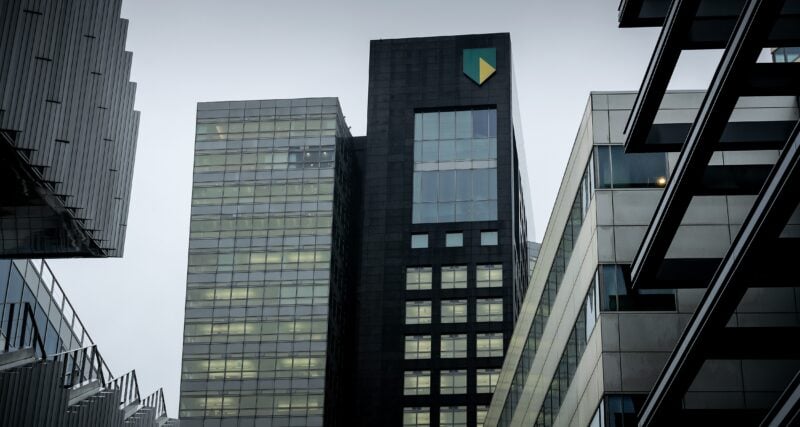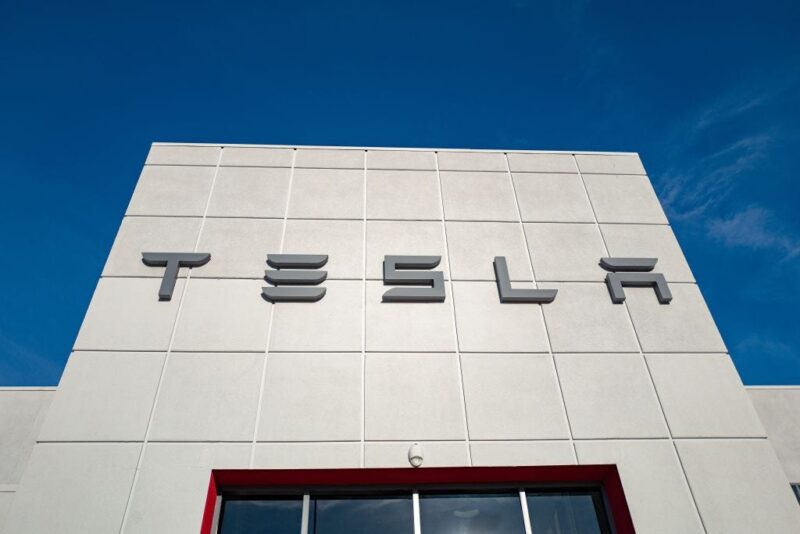- Citi believes there is a 40% chance the US economy could enter recession going into next year.
- The bank's head of capital markets thinks it could take up to 18 months for the Fed's policies to take effect.
- The risk of recession is rising as high interest rates and inflation weigh on the economy.
There is a 40% chance the US economy could fall into a recession by next year, Citi's head of capital markets, Kristin Bitterly said.
Speaking to CNBC Tuesday, Bitterly said it could take up to 18 months for the aggressive action the Federal Reserve is taking to control inflation to filter through and slow down the economy.
"We have the probability of a recession at about 40% going into next year. We wouldn't see that until next year just because the tightening that we're seeing around the Fed generally takes around 12 to 18 months to really show up in economic conditions," she said.
The Fed delivered its largest single rate rise since 1994 last week, when it lifted its benchmark rate by 0.75 percentage points to 1.75%, in the face of soaring inflation, which ran at 8.6% in May, far above economists' expectations.
Fears of recession are gathering pace as rising interest rates and intense price pressures are spreading to areas of the real economy, such as housing, food and energy. In fact, Americans are searching the word "recession" in Google than at any time since 2004 right now.
It's not just the consumer that is downbeat. Wall Street economists see a growing chance of recession. Morgan Stanley and Goldman Sachs said this week the risks are on the rise, especially after the Fed's hefty rate increase. Morgan Stanley said they expect a 35% chance of a recession over the next year, while Goldman Sachs places that risk at 30% — double what it forecast a week earlier.
Bitterly warned investors of volatility over the next few months. "The market is going to debate whether this is a recessionary bear market or a non-recessionary bear market," she said.
"Our base case is actually to see some resiliency at about 45%, but that's going to require some very strong finessing from the Fed and some abatement from a recession over the next couple of months. Expect volatility," she added.
Investors, however, have to prepare for either a resilient scenario or a recessionary outcome, she said. "Effectively, what we're looking at right now is the difference between where we're trading right now in equities versus where we could be if we tip over into a recession," Bitterly said.










